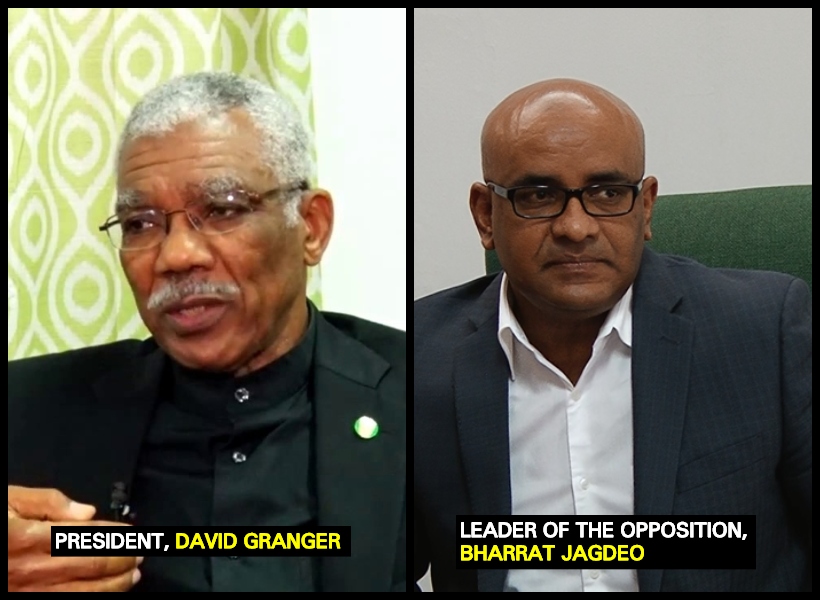The recent proposition by Opposition Leader Bharrat Jagdeo to select the next Chairman for the Guyana Elections Commission (GECOM) from the Commonwealth, if need be, is an attractive one. But the nation’s leaders should not be in a hurry to utilise this avenue until all options at home are exhausted says members of the Working People’s Alliance (WPA).
In a statement to the media today, the WPA said that if the suggestion is embraced as a first resort, it would send the wrong message to Guyanese about leaders’ confidence in their ability to be impartial and just. Ultimately, it is the will of the political leaders that is being tested, the party stated.
Further to this, the WPA said it notes the apparent uncertainty over the procedure to be used in selecting a new chairperson of GECOM. The Party said it understands that based on the recent advice of the Caribbean Court of Justice (CCJ) the court seems inclined to have President David Granger and Jagdeo come to a consensus rather than the court becoming unnecessarily entangled in the country’s politics via the issuing of consequential orders.
The Party said, “Our understanding is that the CCJ has proposed a modification of the current formulae by requiring the two leaders to jointly participate in the compilation of a list of six nominees from which the president would eventually choose the chairperson in keeping with his constitutional mandate. WPA views this as a more acceptable approach since it greatly reduces, if not eliminate, the scope for unilateralism by both the president and the opposition leader.”
The WPA added, “But the success of this approach assumes good faith on the part of the leaders. It requires them to find ways to subordinate their hardcore partisan interests to the greater good of the country. This is ultimately the true test of statesmanship.”
WPA, therefore, urged the leaders to rise to the occasion. It categorically stated that there must be some degree of give-and-take. It also opined that failure to arrive at a consensus could further hold up the preparations for elections, heighten existing tensions, or force the court to intervene in a manner that could be interpreted as judicial overreach.
In addition to the aforementioned, the WPA stated that another key to the workability of the formulae is the avoidance of the temptation to “pack” the list with candidates that are overtly aligned to the political parties or are openly hostile to them. It stressed that this would be a non-starter. Although WPA prefers the leaders to jointly agree to all six candidates, it said that it would have no objection to them each nominating three.













